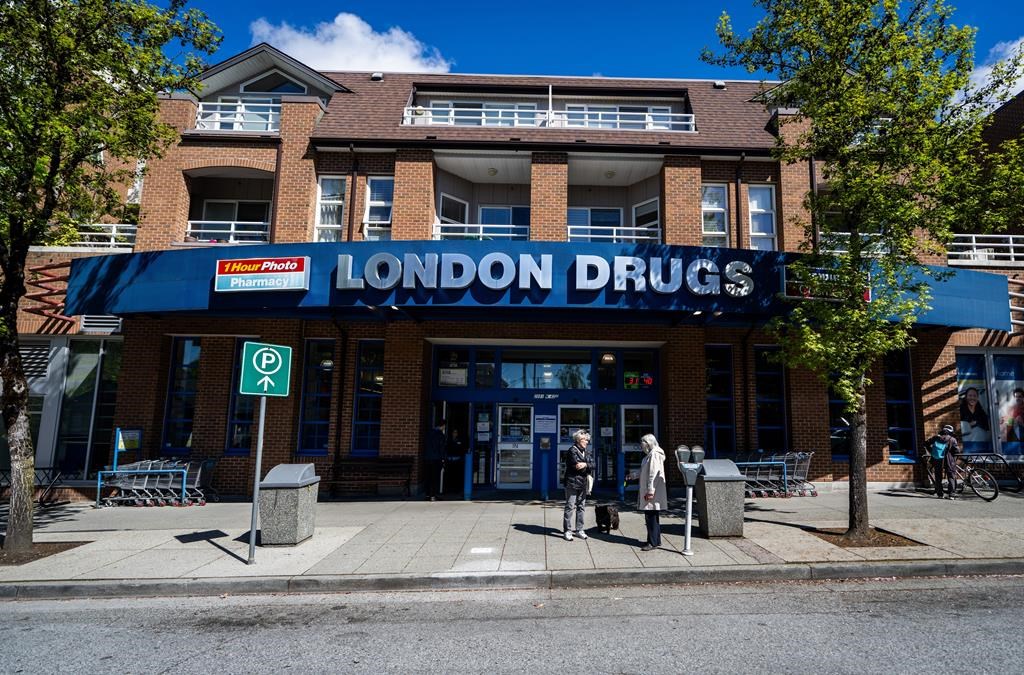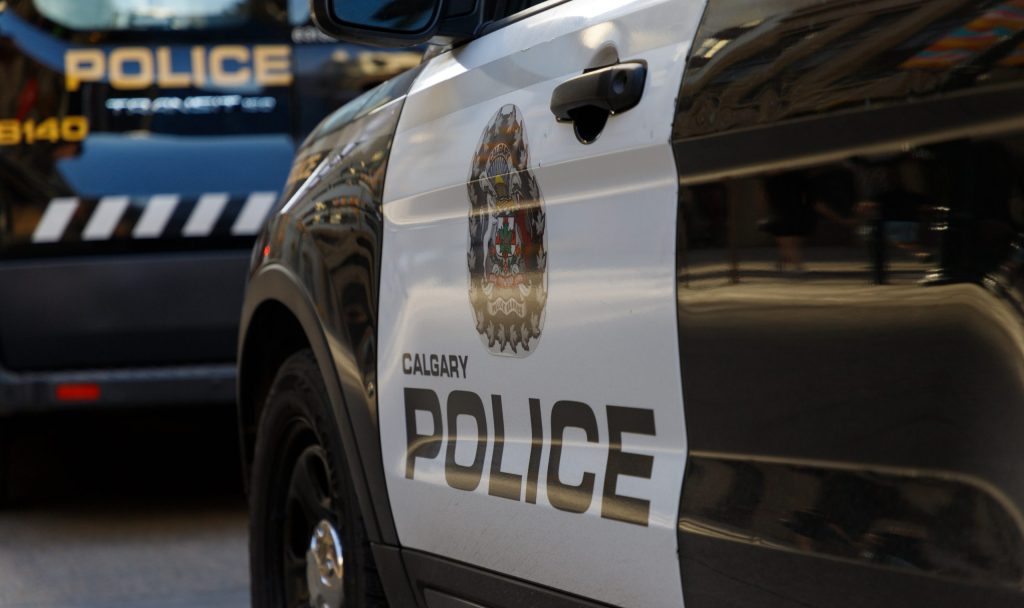Group calls for Catholic bishops to release names of clergy accused of abuse
Posted Sep 24, 2019 7:28 am.
A group of survivors of sexual abuse in the Catholic Church has called for Canadian bishops to follow in the footsteps of some American counterparts and release the names of clergy facing credible misconduct allegations.
The survivors — connected by their shared experience rather than an umbrella organization — have travelled to the site of this week’s annual meeting of the Canadian Conference of Catholic Bishops in Cornwall, Ont., to ask church officials to publicize the names. Thus far, the bishops have pushed back.
“In any other institution, if you’re protecting people who have offended, who have broken the law, nobody would stand for that. But it seems like, because they’re hiding behind the guise of the church, they’re not being challenged in this way,” said Gemma Hickey, whose own abuse case against a priest was settled outside of court.
“It’s not up to survivors to come forward to release the names. It’s up to the institutions that have harmed us.”
Hickey, who uses gender-neutral pronouns, is part of a group that met with seven bishops on Sunday to discuss their experiences and make their demands. Hickey said the survivors called on the bishops to come forward with the names of clergy members credibly accused of abuse, meaning cases backed up by documentation such as bills from therapists and settlement agreements. They’d also like to see the nature of those allegations released, along with a description of the church’s response.
Hickey is the founder of the Pathways foundation, but other survivors are affiliated with groups such as Ending Clergy Abuse and SNAP, the Survivors Network of those Abused by Priests. Some of the other survivors in attendance at the Cornwall meeting had also brought their cases to court, or settled outside of it, they said.
“It’s pretty incredible to have that network now,” Hickey said. “Being sexually abused by a priest is even that much more isolating, because when you talk about confidentiality agreements and a culture of secrecy within the church, these types of things also affect people’s mental health.”
Hickey said the group is working to convince the bishops to centre abuse on their agenda.
“We were told that the issue of clergy sexual abuse wasn’t necessarily the focus of the plenary assembly,” Hickey said. “We’re trying to make it the focus. We feel this is the most important issue facing the church right now. It’s a global crisis.”
The Roman Catholic Church has been working for decades to address myriad sexual abuse scandals worldwide, but the efforts have ramped up in recent years as more evidence has come to light suggesting coverups at some of the highest echelons of power.
In February, Pope Francis held a summit at the Vatican, requesting bishops from across the globe meet to discuss a more unified approach to addressing sexual abuse. The Pope issued a decree months later mandating that Catholic priests and nuns around the world report sexual abuse and coverups by their superiors to church authorities.
Some American bishops have taken that a step further. Earlier this month, a bishop in the Archdiocese of Kansas City-St. Joseph released the names of 19 clerics with substantiated sexual abuse allegations against them. In August, dioceses in Alaska and Vermont released similar lists. The former comprised seven names, while the latter had 40.
But a spokeswoman for the Canadian Conference of Catholic Bishops maintains that’s not the most effective strategy in Canada, where the church already has policies in place to ensure allegations are dealt with.
“When a diocese or religious order receives a credible allegation of abuse of a minor, the police are informed,” Lisa Gall wrote. “It is then for the police to determine whether it is in the public interest to disclose details of their investigation including, in appropriate cases, the name of the alleged abuser.”
She said police weigh a number of factors in deciding whether to publicize the name of the accused, and the bishops “would not attempt to influence or interfere with the manner in which the police decide to apply their discretion.”
Gall noted that if the accused goes on to be convicted of a sexual crime, their name goes into a public database.
This report by The Canadian Press was first published Sept. 24, 2019.
Nicole Thompson, The Canadian Press










